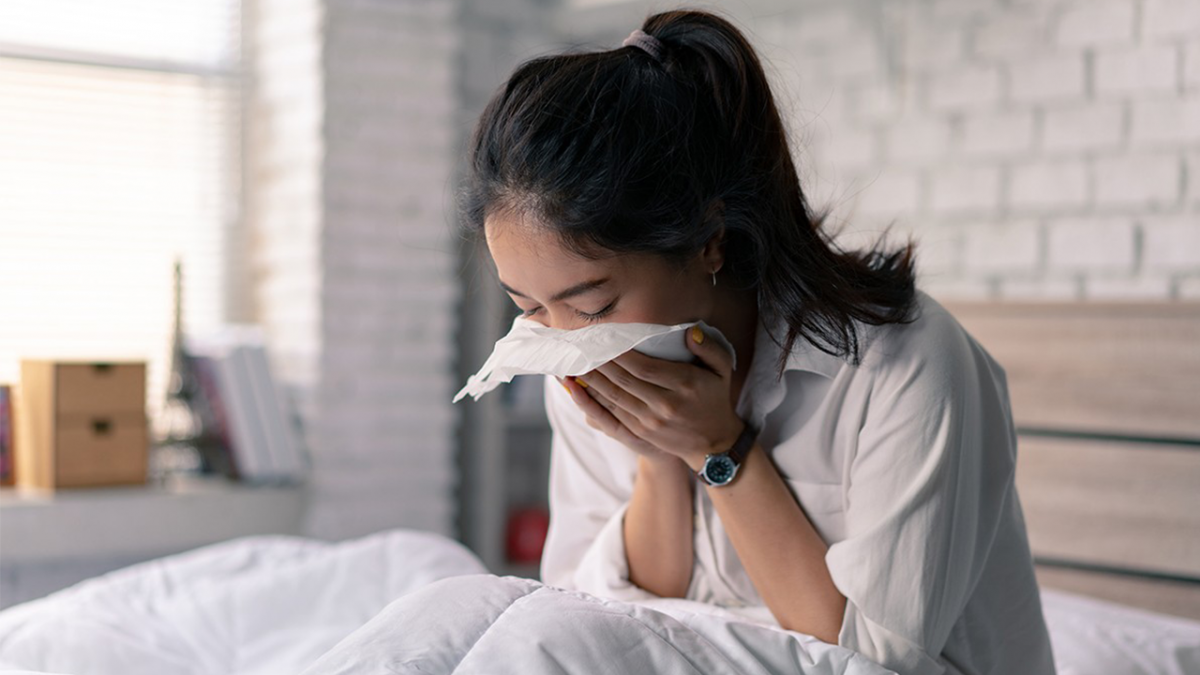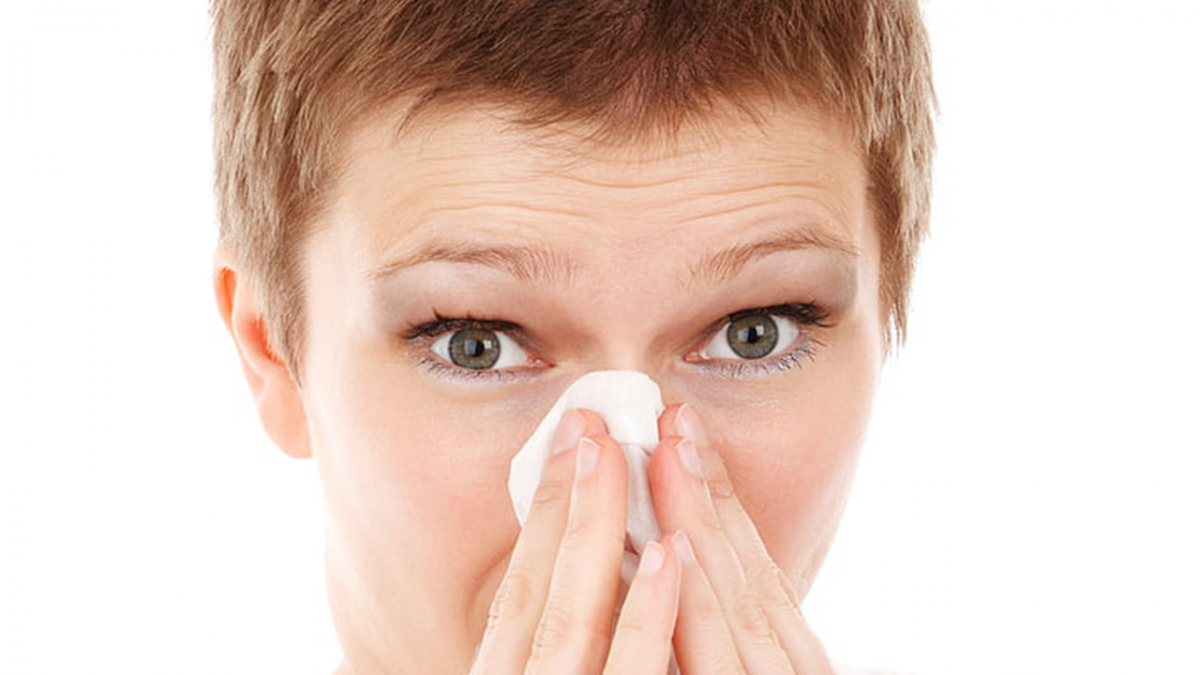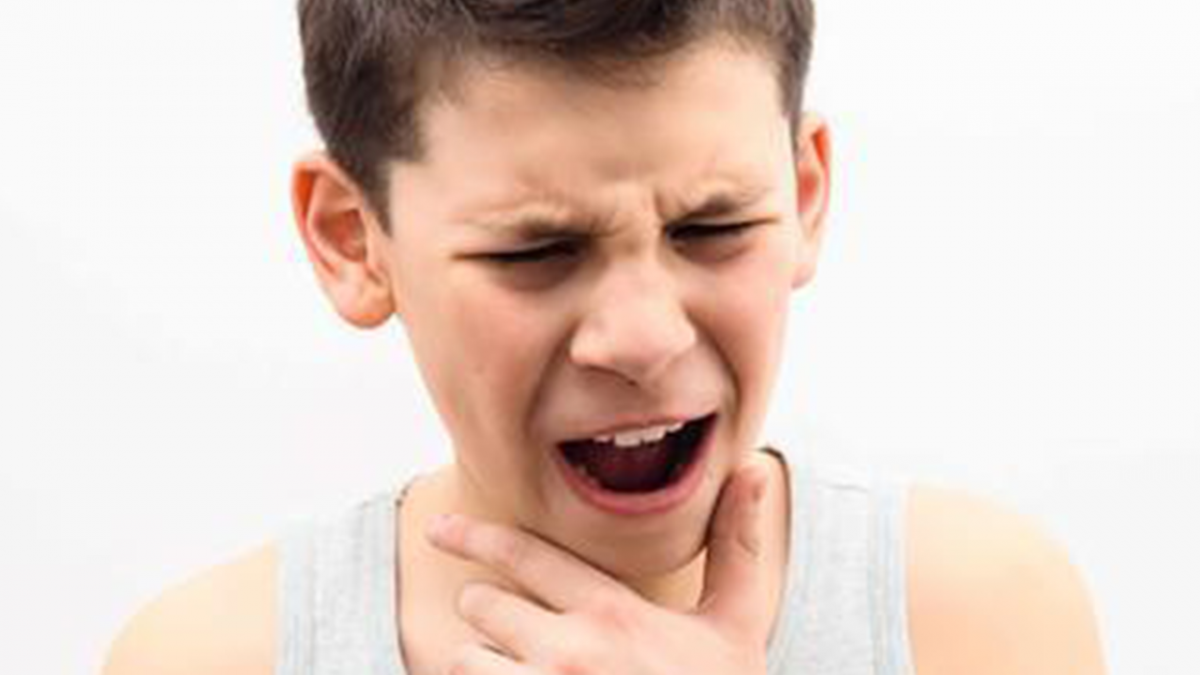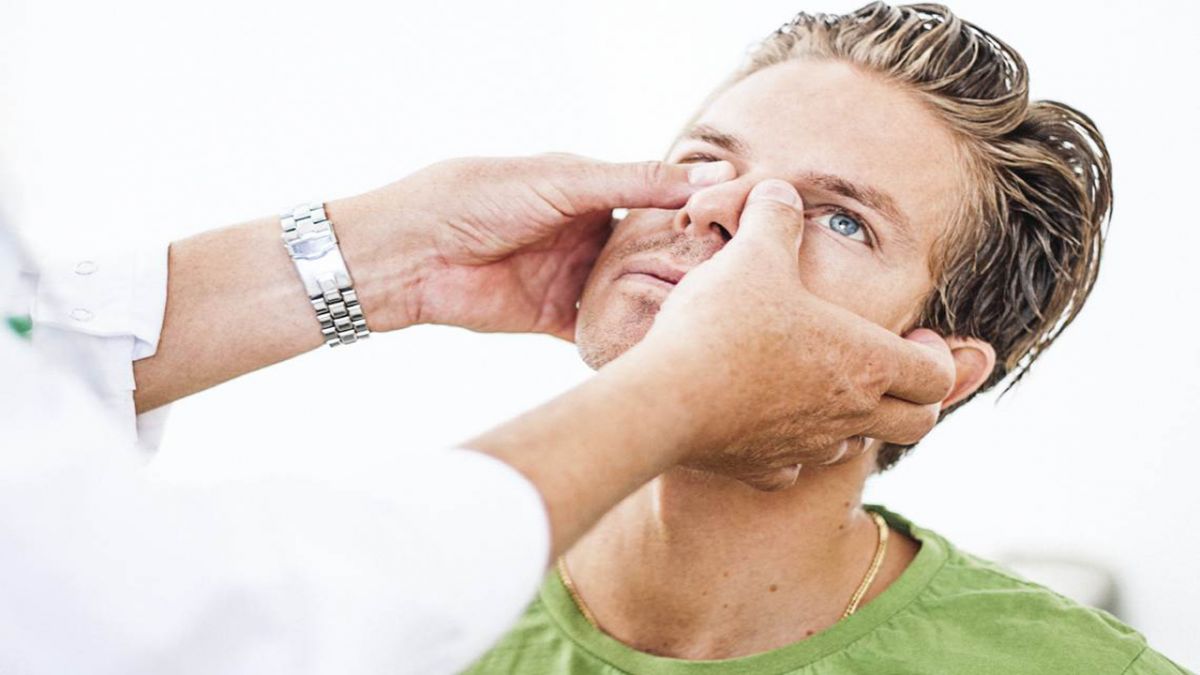Advertisement
Allergic rhinitis is a common condition in children, characterized by four primary symptoms: sneezing, runny nose, nasal congestion, and itchy nose. Sneezing is a typical manifestation of allergic rhinitis, with patients often experiencing multiple consecutive sneezes upon exposure to allergens. This not only causes physical discomfort but can also affect children's learning and daily life. Runny nose typically presents as clear, watery discharge, which may become thickened if a secondary infection occurs. The copious clear nasal discharge can flow down to the throat, irritating the child and triggering coughing, particularly in the morning or when changing positions, as mucus tends to accumulate in the upper respiratory tract while lying down and can flow down upon standing, causing throat irritation and cough.

Itchy nose is another prominent symptom, with many children frequently rubbing their noses due to the itching. This behavior can easily lead to nosebleeds, as children's nasal mucosa is relatively thin; excessive rubbing may damage the mucosa, resulting in bleeding and exacerbated inflammation. Furthermore, nasal congestion is a more severe symptom of allergic rhinitis, arising from chronic allergic inflammation of the nasal mucosa, characterized by mucosal congestion and edema. Given that children's nasal cavities are smaller, the swelling of the nasal mucosa significantly worsens nasal congestion, which can impede normal breathing and sleep, potentially leading to difficulties in concentration and declines in academic performance.
In some cases, allergic rhinitis may coexist with other allergic conditions, such as allergic conjunctivitis and asthma. These comorbidities can intensify the overall allergic response, causing a more severe decrease in quality of life. Treatment strategies for allergic rhinitis typically involve avoiding allergens, using antihistamines, nasal corticosteroids, and saline rinses. Additionally, establishing a conducive living environment is crucial in preventing and managing allergic rhinitis, including maintaining cleanliness indoors, regularly changing bedding, minimizing pet exposure, and using air purifiers.

Understanding the symptoms of allergic rhinitis and its potential impacts is essential for parents and healthcare professionals to implement timely and effective interventions, thereby improving children's quality of life.
Advertisement




